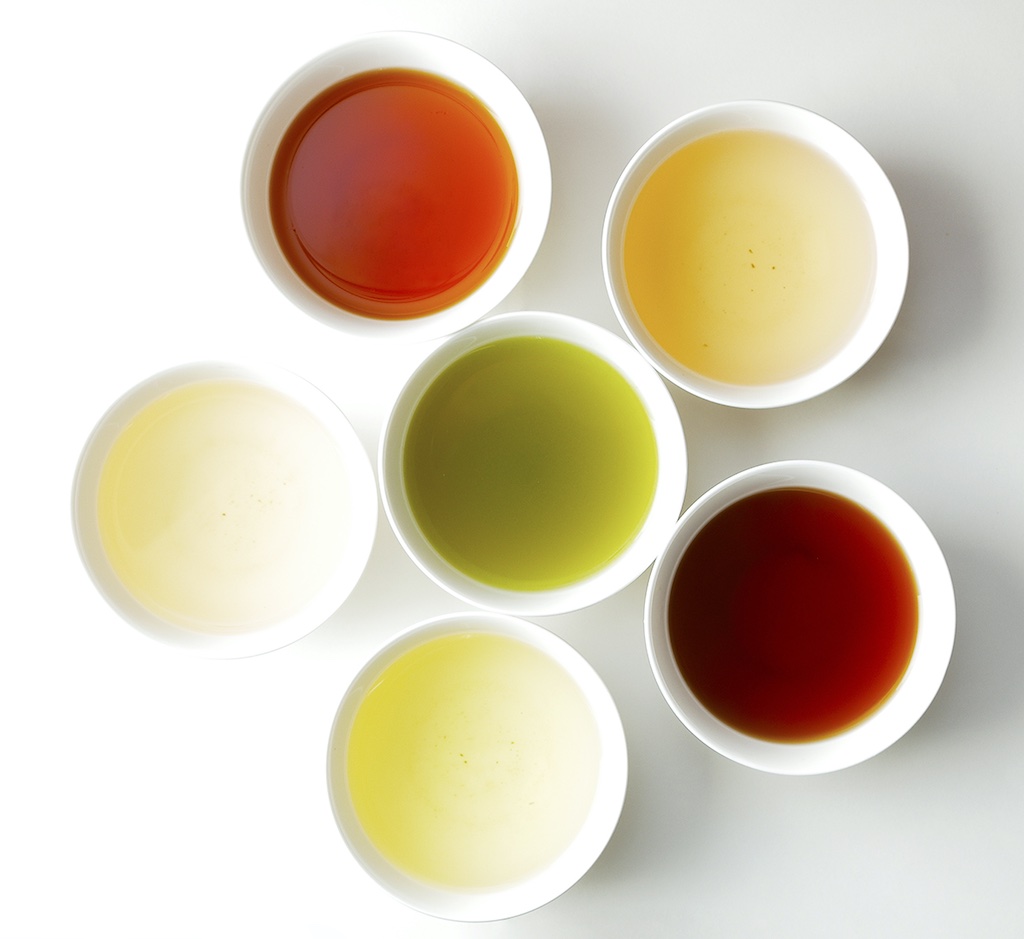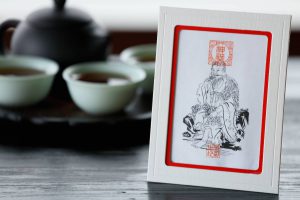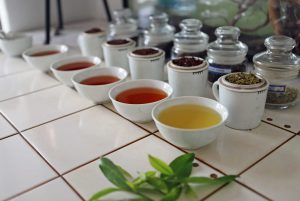MENU
MENU
Benefits of Tea
Benefits of Tea 1 “Tea has long been a powerful elixir with abundant benefits!”

Professor Yoriyuki Nakamura of the University of Shizuoka wrote the original article in Japanese, which CHAMART translated into English.
Tea originated in southwestern China has been drunk since before Christ. The legend of Shennong who was the Emperor of Ancient China in Chinese mythology says that tea was an antidote. The book of 茶経/茶经 (pinyin: chájīng)(English: The Classic of Tea) as a bible of tea written by Lu Yu in 760 AD also mentions that tea has a sedative effect and benefits to relieve stress and fatigue.
Japanese monks who studied in China during the Tang and Song dynasties brought tea and its culture back to Japan. In those days, tea was treated as an extremely valuable elixir and spread among the privileged classes, such as monks and nobles in Japan.

Shennong, the Emperor of Ancient China in Chinese mythology
The book “喫茶養生記 Kissa Yojoki (English: Drinking Tea for Health)” written by the Zen master Eisai (1141-1215) describes “Tea is an elixir for health and a wonderful way to extend one’s life.” Esai introduced the benefits of tea and contributed to the prevalence of tea in Japan.
When tea was brought to Europe, it was praised for its medical benefits, such as reducing headaches, calculus, edema and fat, and preventing scurvy, drowsiness, amnesia, diarrhea, tuberculosis and food poisoning. Then, doctors had to admit the benefits of tea leading to tea rapidly gaining popularity.
However, there was controversy about whether tea was really beneficial for health, or merely an oriental drink, and whether it was advantageous for the country’s economy compared to relying solely on importing tea.

Later, tea became widely known and was accepted as a highly beneficial elixir, and then people began to drink it more and more. Now, tea has become a favorite daily beverage.
Scientific analysis of tea has found that many of teas components promote good health. Tea has been called a “medicine for longevity” or a “elixir for health” and has been accepted as a superfood.
Writer’s Profile
Yoriyuki Nakamura
Specially-appointed professor, Director of the Tea Science Center, University of Shizuoka
https://dfns.u-shizuoka-ken.ac.jp/labs/tsc/index.html
Awards and commendations
2016 Awarded as Japanese Tea Industry Achievement Award: Popularization of tea varieties and pot seedling cultivation techniques
2015 Awarded as O-CHA Pioneer Award of academic research section: Tea breeding technology and Variety development
2013 Awarded as Tea Industry Technology Merit Award: Efforts in tea industry technology
2013 Awarded as Sugiyama Hikosaburo Tea Technology Award: Developing tea variety
2013 Awarded as Tea Academic Research Award: Tea breeding and tea propagation technology
Related article on the site:
Benefits of Tea 1 “Tea has long been a powerful elixir with abundant benefits!”
Benefits of Tea 2 “Functional ingredient of Tea”
Benefits of Tea 3 “Major components of tea”
Benefits of Tea 4 “Catechins”
Benefits of Tea 5 “Amino acids”
Benefits of Tea 6 “Caffeine”
Benefits of Tea 7 “Vitamins”
CATEGORY